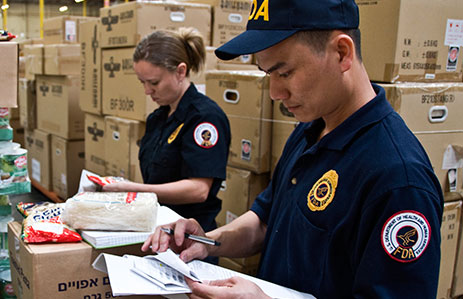 Keep it honest
Keep it honest
Oct 17, 2017
WASHINGTON, DC – It’s only natural for manufacturers, competing for the ever-dwindling attention of consumers, to make product claims to set theirs apart. But a rise in these statements that range from the incredulous to the spurious has forced USA Rice to bring several of these claims to the attention of U.S. government agencies that monitor and regulate food.
“We are seeing a variety of statements on health benefits, organic certifications, and provenance that we think deserve a closer look,” said Betsy Ward, president & CEO of USA Rice. “Consumers care about where their food comes from and they don’t want to be lied to about the food they are putting in their bodies. If the statements are true, good for the companies, but they do need to be held to the same standard as our members. Phony organic imports, mislabeled imports, and erroneous health claims all impact the bottom line of the U.S. rice industry and need to be stopped.”
Ward said she and her team recently briefed officials at the U.S. Food and Drug Administration (FDA) to discuss the landscape of rice health and marketing claims.
Also, last week a team from the USA Rice Millers’ Association met with Customs and Border Protection and FDA inspectors to review compliance with U.S. regulations regarding the marking of imported rice with country of origin and other labeling regulations governing enrichment.
“U.S. regulations are clear – imported products must be marked with the country of origin to the final consumer,” said USA Rice COO Bob Cummings. “Portraying imported rice as U.S.-grown is not fair to consumers and our members and we are asking U.S. port officials to be vigilant.”
Cummings said the United States imported 773,326 metric tons of rice last year, mostly for direct sale to food service and consumer retail.
“Unless imported rice is ‘substantially transformed’ into another product, a marking of country of origin must accompany the product,” he said. “And if rice is marked as enriched but is not, the product is subject to regulatory action at the state and federal levels including removal from the market.”
Ward said her organization would continue to monitor the marketplace and work with manufacturers, regulators, and enforcement officials to ensure a level and honest playing field for her industry.